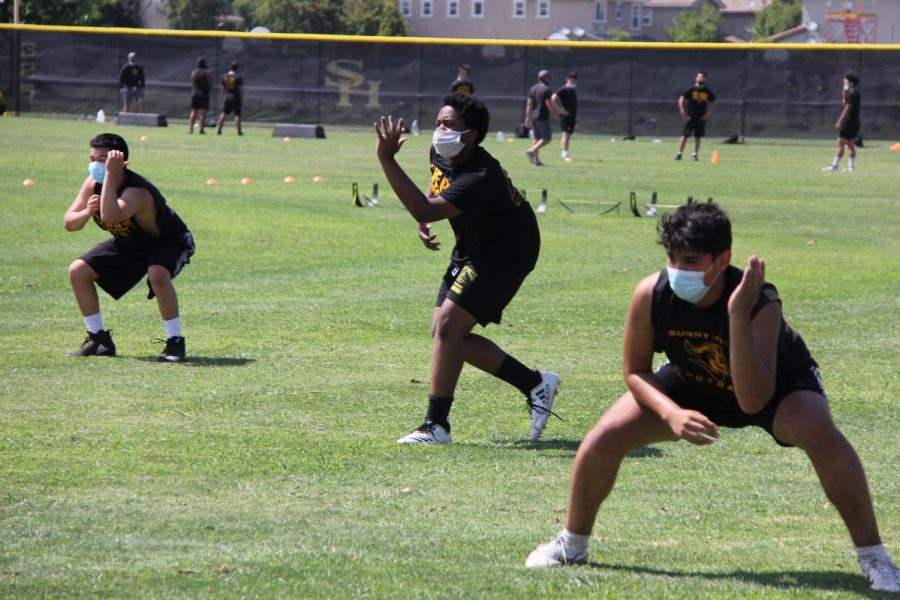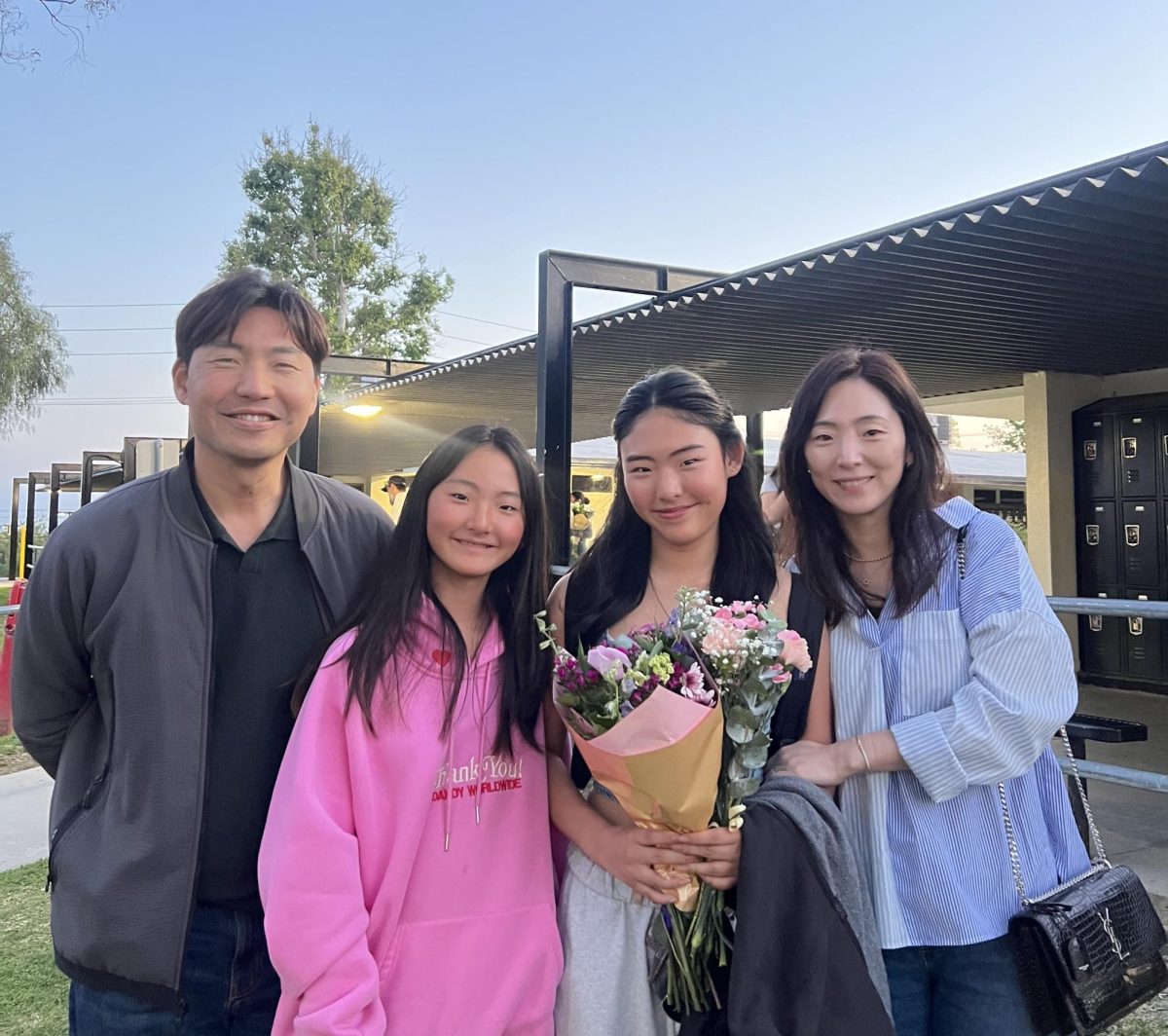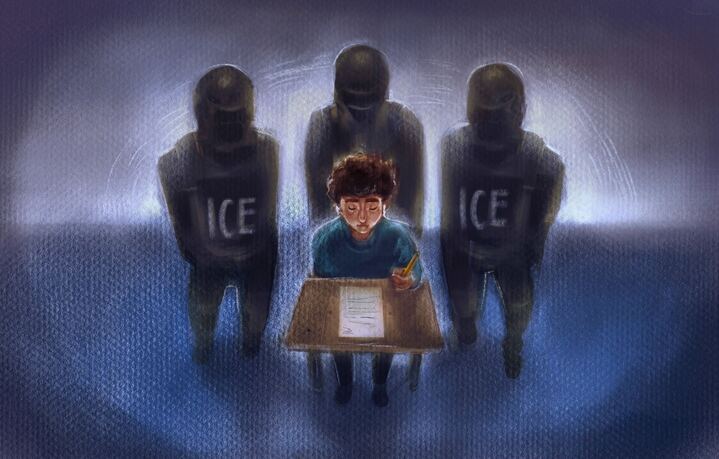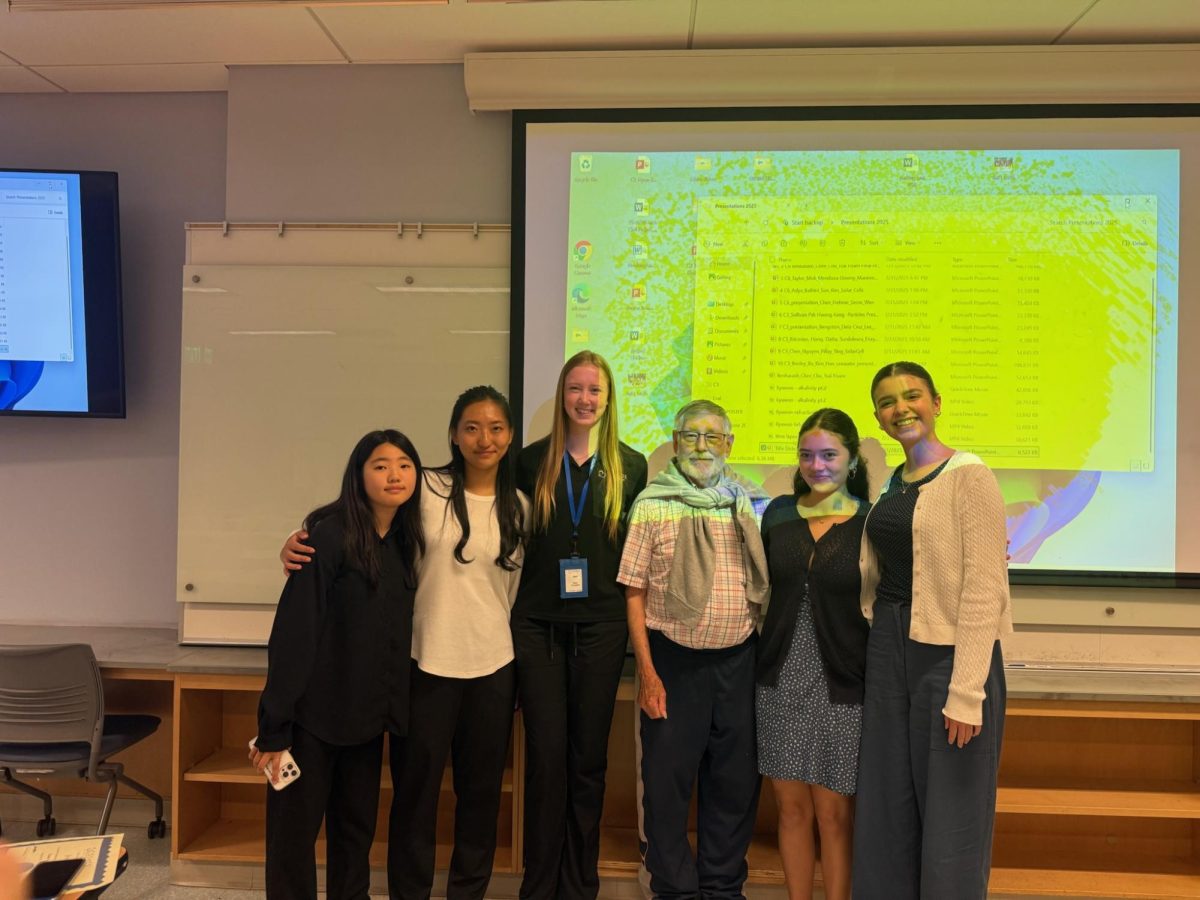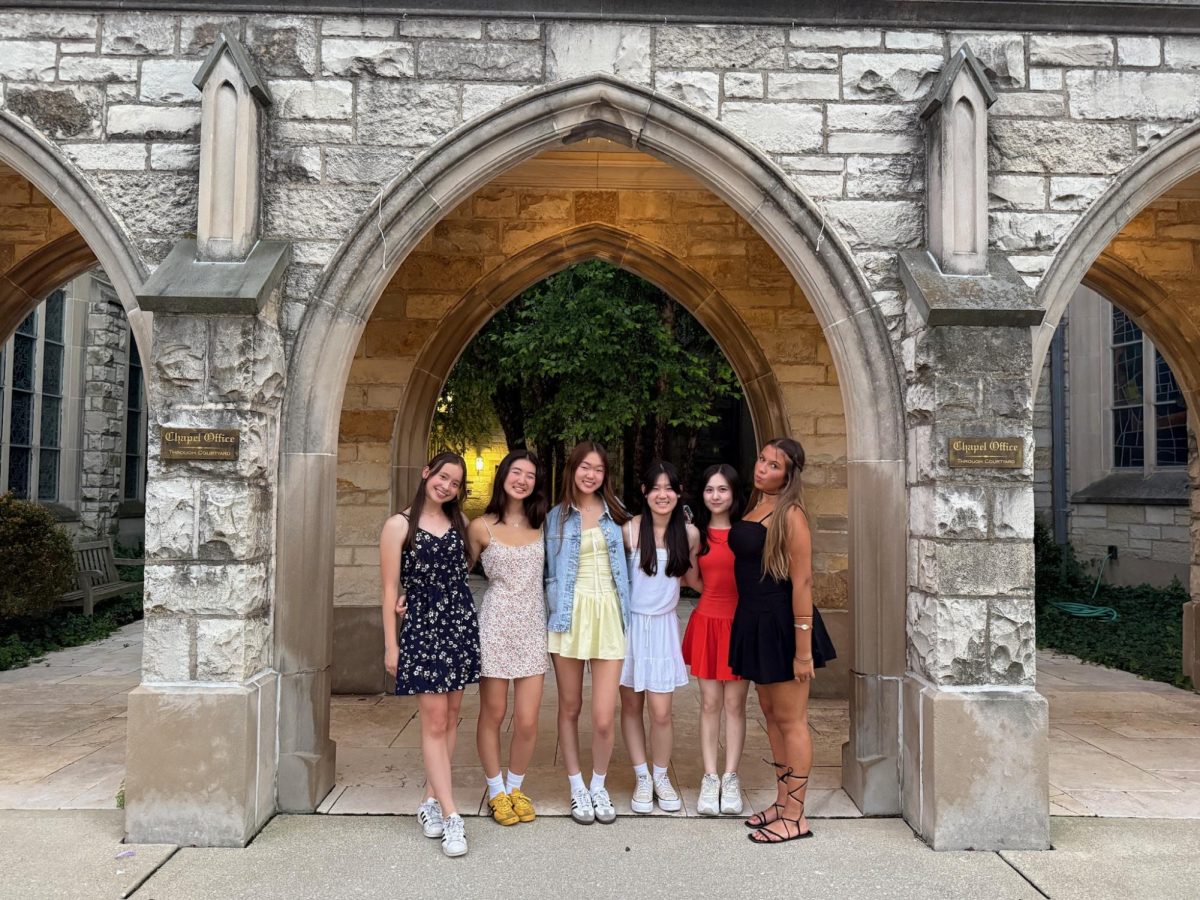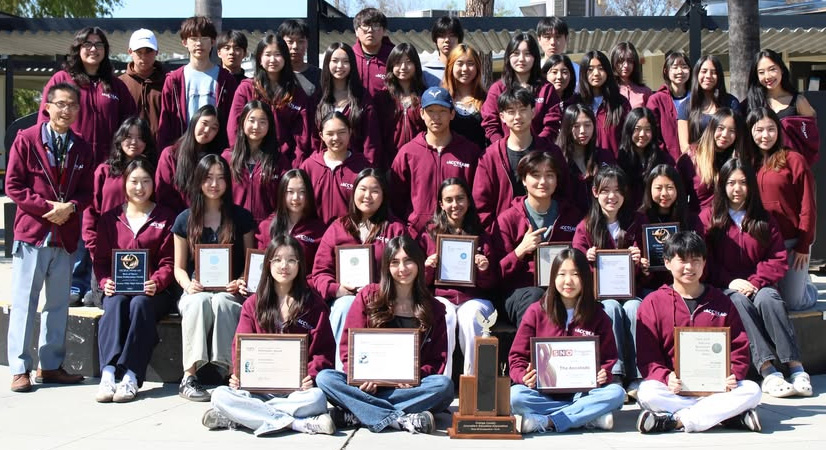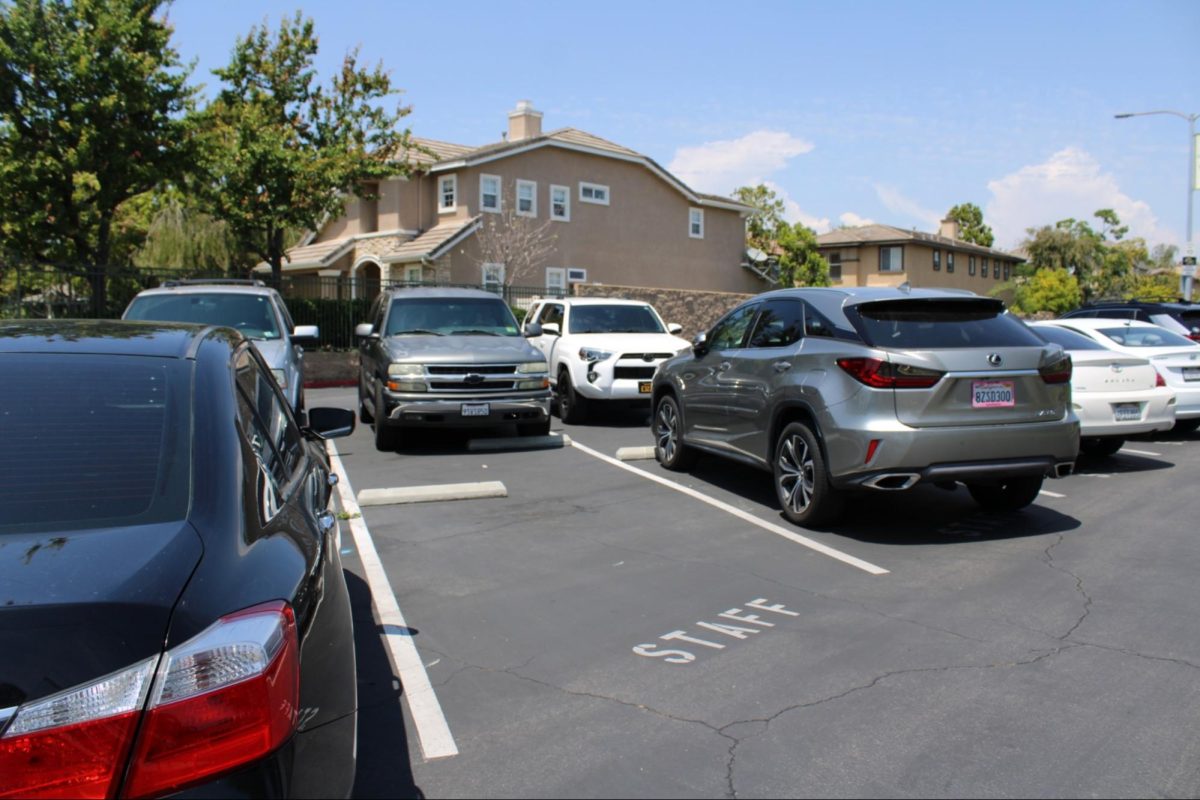The Accolade’s editorial board count: 12 approve of the idea for school officials to send out emails any time a report about a possible COVID-19 infection occurs and 4 believe emails should only be sent out when a positive test is confirmed among students and faculty.
Two weeks and two days.
That’s exactly how long boys and girls basketball practices lasted after reopening.
Football and boys and girls basketball had initially resumed Aug. 17, but basketball practices temporarily closed Sept. 2 after a basketball player reported he had been in contact with a family member who tested positive for the coronavirus but had not yet reported any symptoms as of Sept. 19. A week later, a football player reported his mother tested positive for the virus on Sept 4, causing the cancellation of football practices as well.
And this was only among the students who returned to campus early this school year. Now imagine 1,100.
As Sunny Hills prepares to reopen its campus for hybrid learning on Nov. 2, the issue of COVID-19 spreading among students and faculty is growing more imminent. Soon, nearly 50% of the student body, teachers and staff will populate the empty school halls instead of the few groups of socially distanced athletes outdoors.
Anything and everything will be possible.
Therefore, the school must take the lead among our other campuses in the Fullerton Joint Union High School District to provide transparency about reports of possible coronavirus cases among any SH affiliates within our school — especially now — since school will be open to all Cohort A/B students instead of the occasional athletes.
Although sports practices have now resumed since the temporary halt in early September, that does not take away from the necessity of transparent communication from the administration. Students and their families may deem it safe to return to school now, but as new information arises — such as the confirmed contact of a student with a positive coronavirus patient — families’ mindsets could change with a snap of their fingers.
Of course, it may seem safe to go back as this method of hybrid learning has not been implemented yet by the school; in theory, it may sound effective, but one coronavirus patient usually spreads the virus to two to three people in the early stages, according to uofmhealth.org. So, administrators must keep all stakeholders — students, parents and teachers — updated about possible encounters with COVID-19 on campus so they can make a well-educated choice from the current situation.
In addition, withholding information can even be dangerous and misleading as students can unknowingly put their lives — and their families’– at risk when exposed to the coronavirus. Families deserve the right to know and judge whether their children should stay in school or not.
Although school officials would prefer not to make this information public for fear of causing a panic or overreaction among students, parents and teachers, that exact reasoning caused backlash towards President Donald Trump when he told reporter Bob Woodward that he knew about the severity of the virus but chose to withhold this information to prevent panic and fear.
This method may mistakenly sound like an unnecessary cause for hysteria, but a few emails here and there will not be enough to trigger widespread panic. A resulting panic from a couple of emails may urge a few families to bring their students back into Cohort C unless the campus receives a flood of reports of confirmed contacts with the coronavirus.
However, if a surge in cases does occur, the school should not have reopened to begin with, and the new panic from teachers and students and spike in cases may yet again result in school closure — the best possible solution if widespread infections occur. But at least we can trust that the actions Sunny Hills and the district will take if widespread panic ensues will definitely be the best decision given the circumstance. As a result, no matter if or if not panic ensues, the outcome can only be good for students and faculty.
Therefore, school officials under principal Allen Whitten’s supervision should send out an email to students and their families every time coaches or administrators are notified that any affiliate of the school has contracted the coronavirus or have been in contact with someone who tested positive.
It would not need to be so broad as within the whole district, but just within Sunny Hills. The email should include specific information such as the person’s positions (a teacher, custodian or athlete) when the exposure was reported and if that individual would plan on returning to school.
Although the reopening of the school may not be the best choice given the current situation, The Accolade’s editorial board agrees that if Sunny Hills must open, the best compromise would be for better communication between the administration and all stakeholders regarding possible coronavirus cases.


